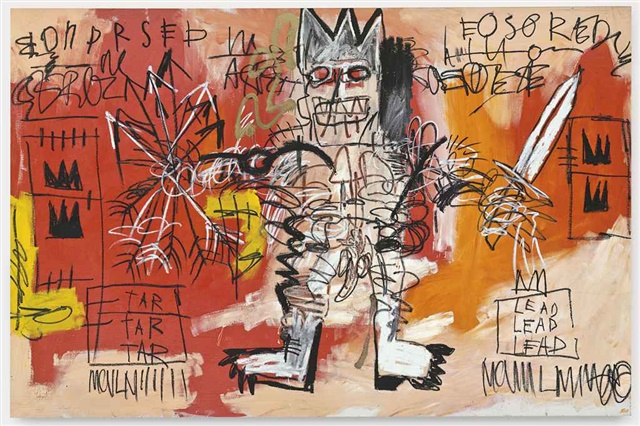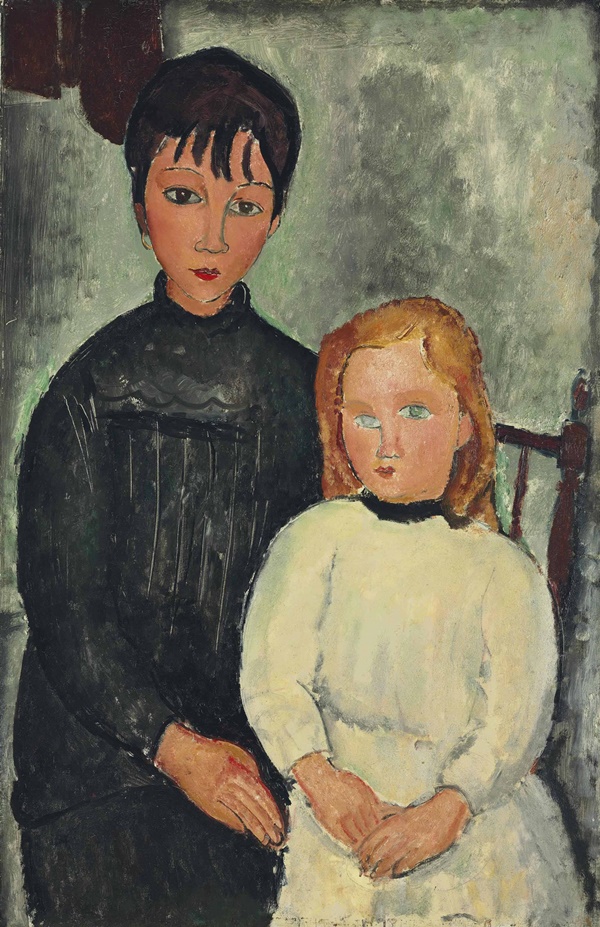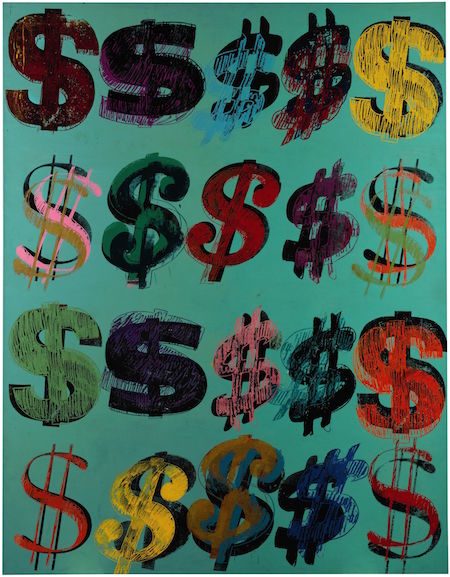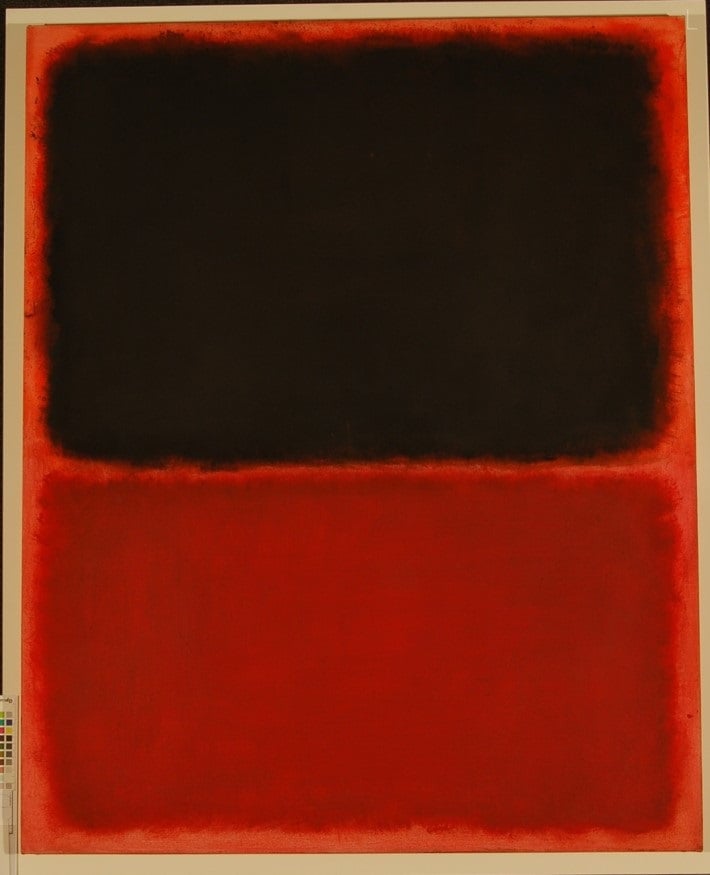Market
Art Authenticators Harassed by Lawsuits and Death Threats Get New Legal Protection
Lichtenstein, Haring, and Warhol boards have all recently disbanded.

Source: artnet
Lichtenstein, Haring, and Warhol boards have all recently disbanded.

Sarah Cascone

The New York State Senate passed a bill on June 15 to protect art authenticators from potentially ruinous litigation.
The question of art authentication can be a costly one, especially for the authenticators offering their expert opinions, who, should a collector disagree with their findings, open themselves up to legal action, or worse. Modigliani Scholar Marc Restellini notably stopped working on part of a survey of Modigliani’s work years ago after getting death threats.
As a result, there is a huge disincentive for authenticators to make any sort of judgment on the authenticity of artworks, and many artist’s foundations have shut down their authentication boards.
This makes it incredibly difficult for collectors who have works that haven’t been authenticated or included in an artist’s catalogue raisonné to determine their value, and potentially prevents undiscovered artworks from being properly recognized.

Amedeo Modigliani, Les deux filles, (1918).
Photo: courtesy Christie’s.
“Everyone is concerned about litigation that threatens to stifle scholarly opinion,” Sharon Flescher, executive director of the International Foundation for Art Research (IFAR) told ARTnews in 2012. “It costs a lot of money to defend against a suit, even if one wins.”
The senate has now amended New York’s Art and Cultural Affair Law with the new bill, called “an act to amend the arts and cultural affairs law, in relation to opinions concerning authenticity, attribution and authorship of works of fine art.” The bill’s aim is to make it more difficult to take legal action against authenticators, and to minimize their litigation costs when such cases do go to trial.
Detractors allege that the bill is just a watered down version of one proposed last year. The National Law Review points out that it remains to be seen if the bill will be effective if and when it is enacted. “The ultimate test will be whether authenticators view the Bill as having sufficiently improved their lot that they are willing to return to the field.”

Andy Warhol Dollar Signs (1981)
Photo: courtesy Sotheby’s.
The Warhol Foundation ceased offering authentication services in 2012 after enduring a costly lawsuit from filmmaker Joe Simon, who contended that the foundation had made the wrong call on his Warhol self-portrait, which they thought was fake.
The Roy Lichtenstein board disbanded in 2011, and Keith Haring’s in 2012. As for authentication of the work of Amedeo Modigliani, Restellini’s case is an example of the difficulty encountered in sharing a scholarly opinion of the work and of the current lack of authenticators for Modigliani’s work.
(Even the Kardashians would have had a hard time getting proof that their potential Modigliani was real, if the portrait that turned up among Scott Disick’s parents’ things hadn’t been chemically dated to some ten years after the artist’s death.)

A painting sold by Knoedler as a Mark Rothko that turned out to be fake.
After authenticating billions of dollars worth of fake Mark Rothkos, Robert Motherwells, and Willem de Koonings, Knoedler & Co. gallery was forced to shutter, tarnishing the reputations of its employees and experts, and leading to an ongoing legal dispute.
The ramifications of a closed authentication committee can be seen in the case of Alex Adler, Jean-Michel Basquiat’s ex-girlfriend, who last spring attempted to sell artworks he had given her at auction. The artist’s sisters sued Christie’s to the tune of $1 million, claiming the auction house inaccurately implied the 50-odd works had all been authenticated before the Basquiat estate disbanded the committee in 2012.
“Now without the authentication boards, it’s a real tricky situation for everybody,” Adler told the Wall Street Journal.
The new bill’s provisions look to reverse that trend by preventing a plaintiff from being awarded payment of legal fees from an authenticator in the case of victory, and allowing the court to order the plaintiff to pay a prevailing authenticator’s costs.
This new legislation offers a legal definition for an authenticator as “a person or entity recognized in the visual arts community as having expertise regarding the artist, work of fine art, or visual art multiple with respect to whom such person or entity renders an opinion as to the authenticity, attribution or authorship of a work of fine art or visual art multiple, or a person or entity recognized in the visual arts or scientific community as having expertise in uncovering facts that serve as a direct basis, in whole or in part, for an opinion as to the authenticity, attribution or authorship of a work of fine art or visual art multiple.”
As per the bill, an authenticator cannot have any vested financial interest in the authenticity of the work in question, other than a standard fee for services rendered.